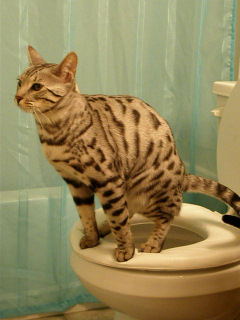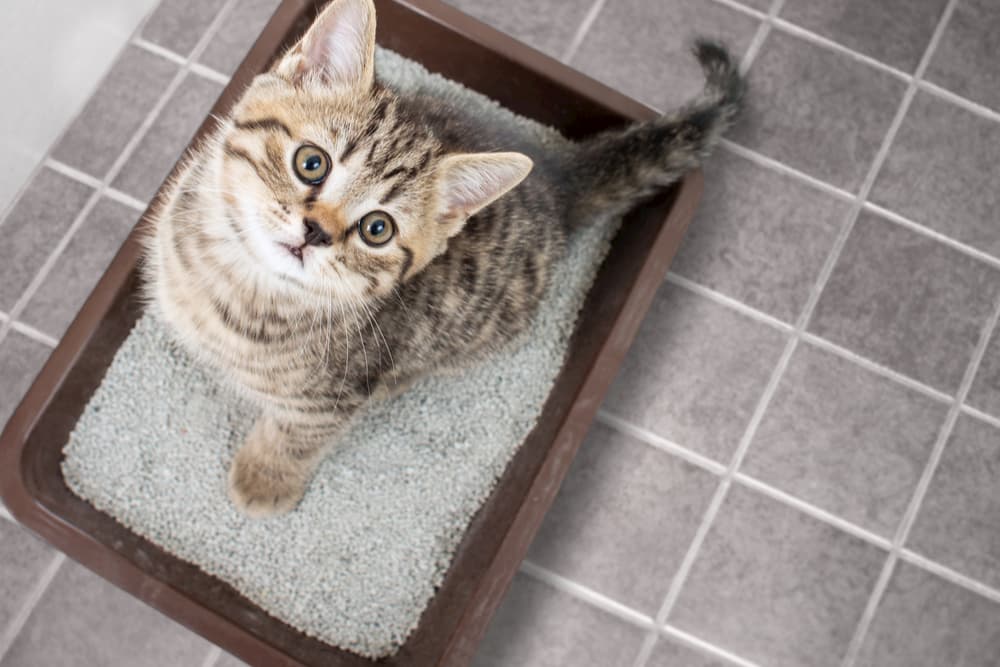Discovering the Risks of Flushing Animal Waste Down the Toilet
Discovering the Risks of Flushing Animal Waste Down the Toilet
Blog Article
Any individual has got their own unique rationale involving Don't Flush Your Pets Poo Down The Loo, Vet Warns.

When it pertains to taking care of waste, especially animal waste, many people typically turn to the practical choice of flushing it down the toilet. Nonetheless, this seemingly easy remedy can have serious effects for the atmosphere and public health. In this article, we'll discover why flushing animal waste down the bathroom is a bad idea and give alternate approaches for proper disposal.
Introduction
Correct garbage disposal is critical for maintaining environmental sustainability and public health. While it may seem harmless to flush animal waste down the bathroom, it can cause various issues, both for the environment and human health.
Risks of flushing pet waste
Ecological effect
Flushing pet waste presents hazardous bacteria and pathogens right into waterways, which can adversely influence water ecological communities. These virus can pollute water resources and injury marine life, interfering with delicate environments.
Public health problems
Pet waste includes damaging microorganisms such as E. coli and Salmonella, which can present severe health dangers to human beings. Purging pet waste down the toilet can contaminate water materials, bring about the spread of diseases and infections.
Alternatives to flushing
Rather than flushing animal waste down the toilet, there are several alternative disposal techniques that are more eco-friendly and sanitary.
Composting
Composting pet waste is an environment-friendly method to dispose of it. By composting, raw material is broken down into nutrient-rich dirt, which can be utilized to feed gardens and plants.
Landfill disposal
Throwing away animal waste in a land fill is one more alternative. While not as environmentally friendly as composting, it is a more secure option to flushing, as it prevents the contamination of water sources.
Family pet waste disposal systems
There are specific family pet garbage disposal systems available that safely and hygienically dispose of animal waste. These systems commonly make use of enzymes to break down waste and eliminate smells.
Actions to appropriate animal waste disposal
To guarantee appropriate disposal of animal waste, follow these actions:
Scooping and getting waste
Routinely scoop and bag pet waste utilizing naturally degradable bags. This avoids waste from contaminating the setting.
Utilizing designated waste bins
Dispose of bagged pet waste in assigned waste containers, such as garden compost bins or land fill bins. Stay clear of flushing it down the bathroom in any way expenses.
Cleaning up can and pet dog locations routinely
Frequently tidy can and family pet areas to prevent the buildup of waste and germs. Use pet-safe cleaning items to keep health.
Advantages of appropriate disposal techniques
Embracing proper disposal methods for pet waste uses a number of advantages:
Reduced environmental pollution
Correct disposal techniques decrease the threat of environmental pollution, protecting rivers and environments from contamination
Lessened risk of water contamination.
By preventing flushing animal waste down the commode, the danger of water contamination is substantially minimized, guarding public health.
Enhanced hygiene and hygiene
Appropriate disposal techniques promote far better sanitation and health, developing a safer atmosphere for both people and animals.
Final thought
In conclusion, flushing pet waste down the bathroom is harmful to the environment and public health. By adopting alternate disposal methods and following correct waste administration practices, we can minimize the unfavorable influence of animal waste and add to a cleaner, much healthier planet.
What To Do With Dog Poo – The Do's And Don'ts Of Disposing Of Faeces
Dog poo bins
Some councils provide dedicated dog waste bins in popular dog-walking areas that can take dog poo that has been bagged but you can legally dispose of dog waste in any public litter bin, as long as it is securely bagged. This also applies to your wheelie bin at home.
Do not flush
Water companies do not recommend flushing dog faeces down the toilet because certain parasites can survive the water processing treatment and are potentially harmful to humans. You should also never consider flushing dog poo that has been bagged down the toilet as the bags will not break down and instead create severe blockages in the sewage system.
In the woods
The Forestry Commission promotes a ‘stick and flick’ method for dealing with waste in the woods. This means finding a stick and using it to flick any poo from off the path so that it is out of the way of other walkers. You could also bury it as long as it is not in an area where there might be livestock.
Livestock
Parasites found in dog poo can be transmitted to livestock if they inadvertently eat infected faeces that has been left on grazing land. This could result in the death of sheep or abortion in cattle so you should always make sure you pick up your dog’s waste in fields where livestock could be present.

Hopefully you liked our part on . Thanks a lot for taking time to read our post. I beg you take the opportunity to promote this blog post if you appreciated it. I value your readership.
Click Here Report this page